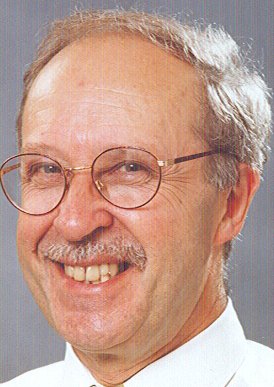Peter Clark, born in Maidstone, UK, in 1944. M.A. from the University of Oxford. Professor of Economic and Social History at the University of Leicester
Fellow ( 1 September 1999 – 30 June 2000)
My original research plan envisaged work on a comparative study of the European City from the period of the Reformation to the Industrial Revolution. After considerable thought and discussion I decided in the Autumn of 1999 to extend the scope of my work on the European City to cover the period from the Middle Ages to the twentieth century. However the broad approach and themes outlined in the original plan would remain. The reshaping of the project necessitated radical changes to the original work-plan. It became necessary to acquire a good knowledge of the literature on the medieval period and the twentieth century on which I had undertaken only limited work previously. During the autumn semester I worked extensively on the twentieth century, especially the second half of the period, and read numerous works by geographers, sociologists, political scientists, planning historians among others.
In the second semester I concentrated more on the medieval period and read a wide range of works on Northern and Mediterranean Europe. In March 2000 I gave lectures on the subject in Japan which outlined in considerable detail the structure and main arguments of the book, dealing with the principal phases and dynamics of urban growth and decline from the sixth to the twentieth century. I hope to finish the book in the next twenty months. Progress on the main project has also been assisted by work I have undertaken during the year on other subsidiary subjects, including a study of the writing of urban history in the twentieth century, an edited volume on London and Dublin in the early modern era, and a conference I helped organise on German and British residential towns from the later Middle Ages to the nineteenth century. The book on European Cities is under contract with OUP and will be completed in the next year and a half. Of particular value for my work at NIAS was the opportunity for interdisciplinary discussion with other Fellows.
